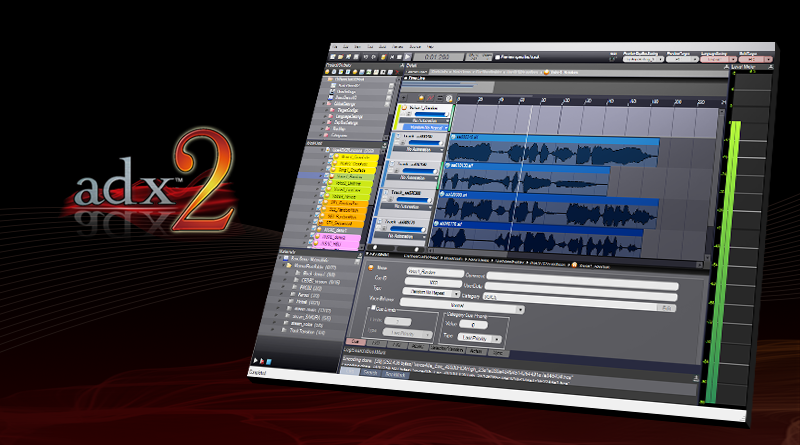Why use Game Audio Middleware?
As an industry, our goal is to delight the players, and our sound designers, composers, and audio technologists constantly strive for new ways to immerse, thrill, and produce an emotional response. These content creators are talented people with vision — people that dream up amazing things from the ether. Ideally, game developers and publishers look for ways to remove obstacles and provide tools to make it possible for audio visionaries to turn their concepts into reality, and deliver that player delight. That’s where audio middleware fits in. At C.R.I., we call it “Unleashing Creativity and Boosting Productivity.”
That said, many of us have heard experienced game industry producers and executives say things like, “Why do we need audio middleware? We already have the basic tools that we need. We don’t have time to integrate, we don’t have time to learn, and we don’t have the budget allocation.” Just look at the 2016 GameSoundCon Game Audio Survey and you’ll see that a substantial number of “indie/casual” developers don’t use audio middleware, and even a portion of AAA developers checked the “none” box for middleware use. But doesn’t this go against our industry ethos of pushing the technological envelope to deliver awesome entertainment?
Here are insights from some of our talented friends and colleagues in response to the question, “Why audio middleware?”

“Middleware usage is core and common in game development. May it be proprietary engine or off the shelf solution. The choice and selection to middleware or not middleware is an objective decision to balance between the power of the tools, the productivity rate the user gains, and the overall cost. There is very high value when putting a powerful tool in the hands of creatives and the output is astronomical. So why spend resources to reinvent the wheel and not jump right into creating.”

“The middleware approach to managing audio projects and sound design for games is far superior to any other approach I’ve used in game audio. After a couple of tech meetings with programming, the audio team can work autonomously with minimal programming support. The most important piece is my games sound far better with the ability to tweak and tweak until it just right. Then, push up the audio banks for implementation.”

“Audio middleware allows a baseline toolset not often provided from out-of-the-box game engines like Unity3D or Unreal Engine, and allows for audio designers and implementers a significant leap ahead in offloading what would often times be considered “features” from a dev standpoint, as “standard tools” using what’s already provided. Most sound designers and implementers graduating from related school programs have already begun learning these toolsets; ripping tools away from creatives and telling them to “rough it out” and “learn how to code” is a cop out and it devalues your audio professional and game audio in general. Now with the introduction of AR/VR, the last thing people want to focus their time and attention to is wrestling with a non-standardized, slapdash audio management system and playback engine that accommodates multiple third party plugins for both Ambisonic and Spatialized audio playback for multiple VR platforms — now if I’m not mistaken, that type of proprietary “support/feature” sounds rather expensive and time consuming already, yet it somehow “makes more sense” to create those tools internally? The fact that most audio middleware companies already allow for scaling payment programs, free trials, and immediate customer and technical support, it’s difficult for me to not praise its virtues.”

“Audio middleware lets you focus on what you want to do rather than asking how you can do it. It enables you to create complex audio system on your own and moreover these tools are always designed by sound designers themselves. The use of audio middleware at DONTNOD has always been something fundamental from the beginning and has never been questioned!”

“In my experience, games without middleware are instantly recognizable. To trained ears, listening to a game without middleware would be like watching a color movie in black and white. Middleware brings out the color and the depth of the music and sound and adds a distinct and palpable difference to the game. With middleware, music can adapt to the actions, locations and events in the game to bring the user experience to life, and score the game just like it were a film.”


